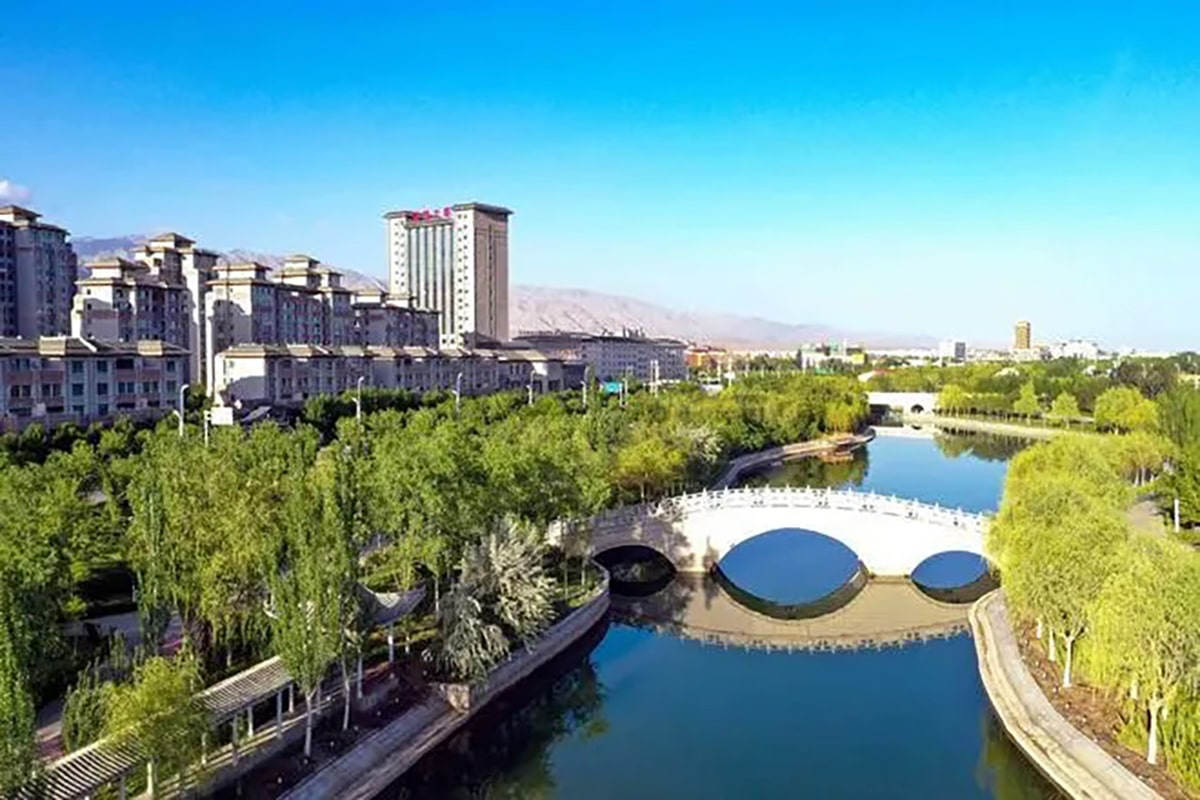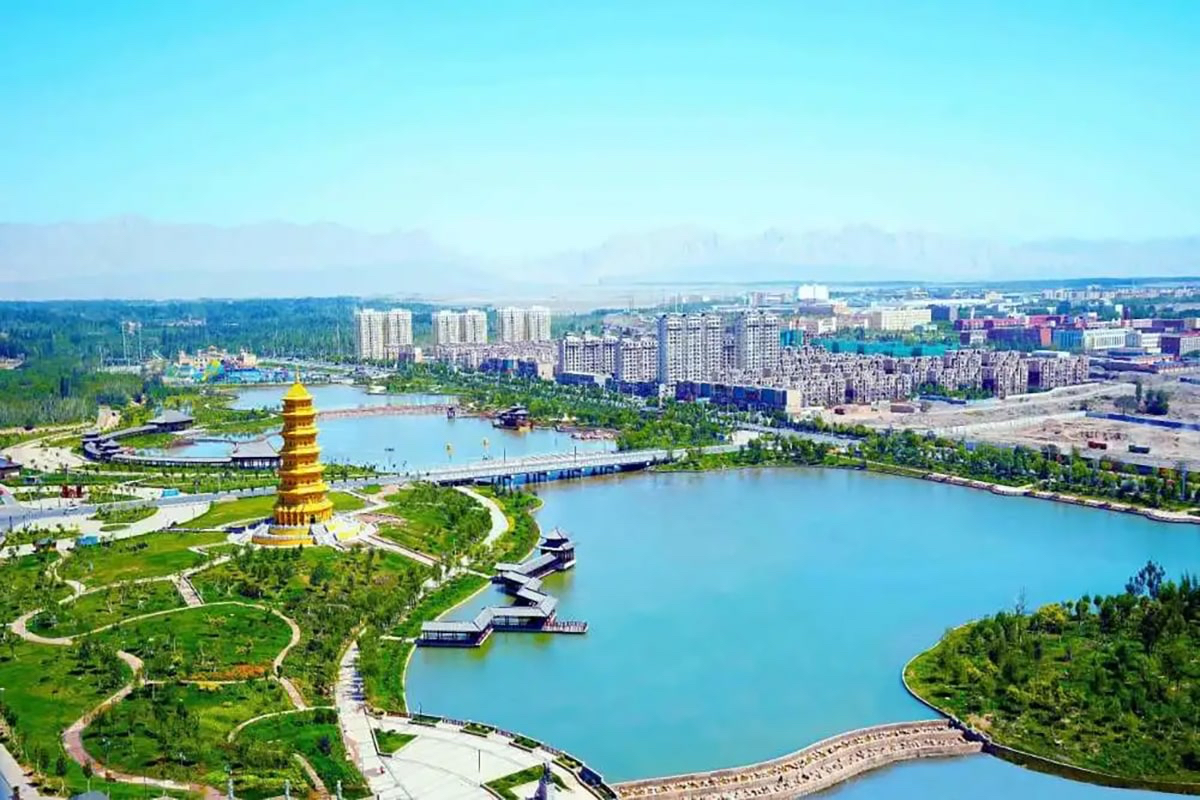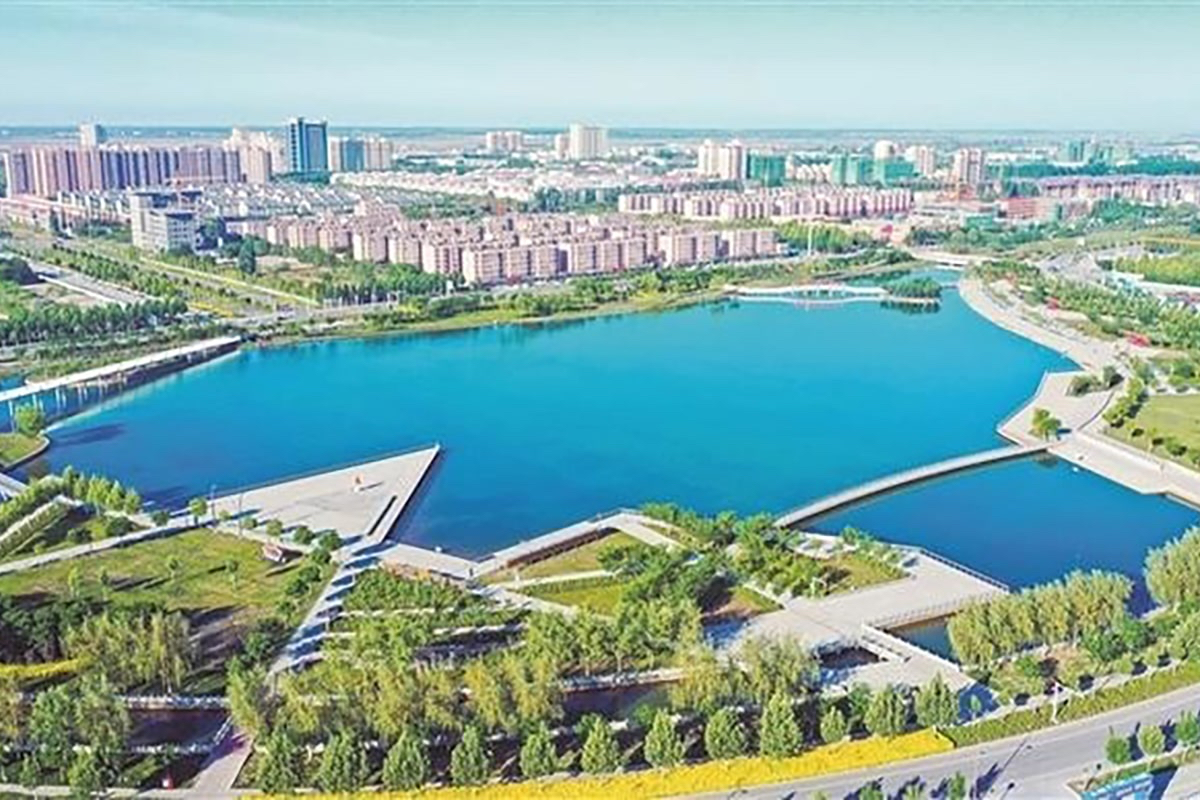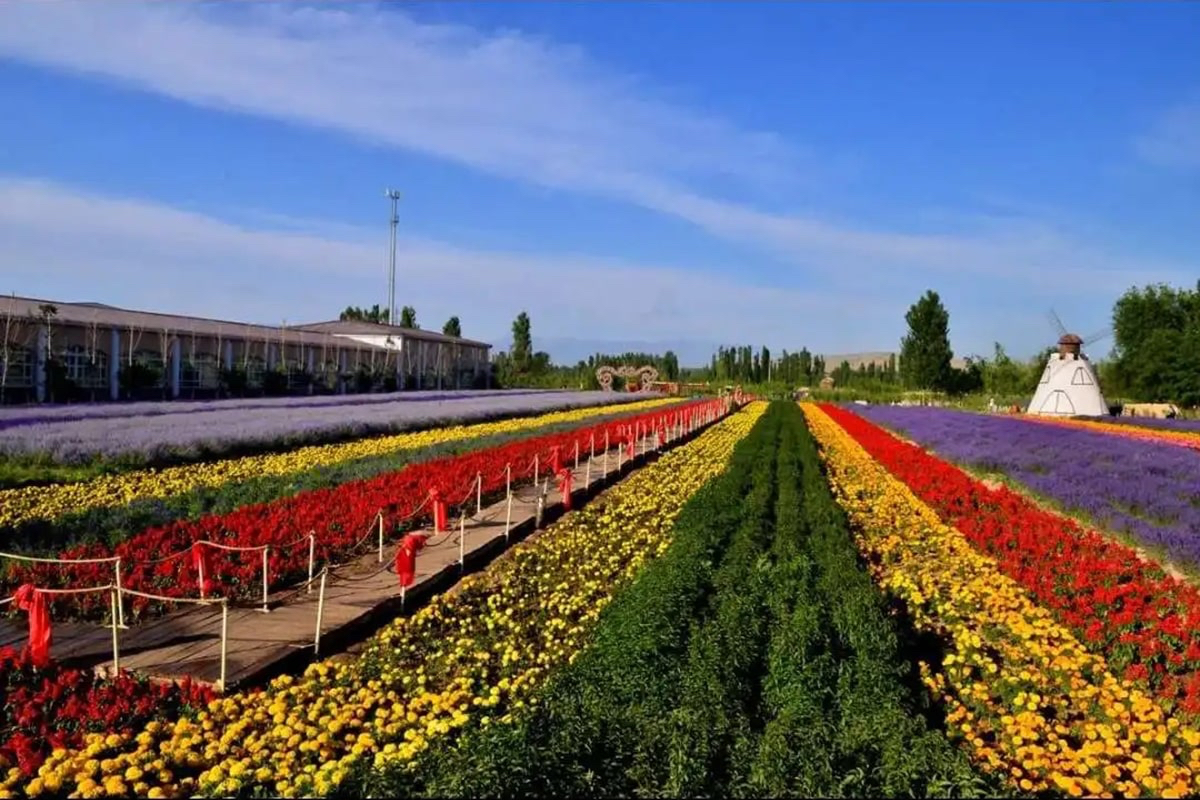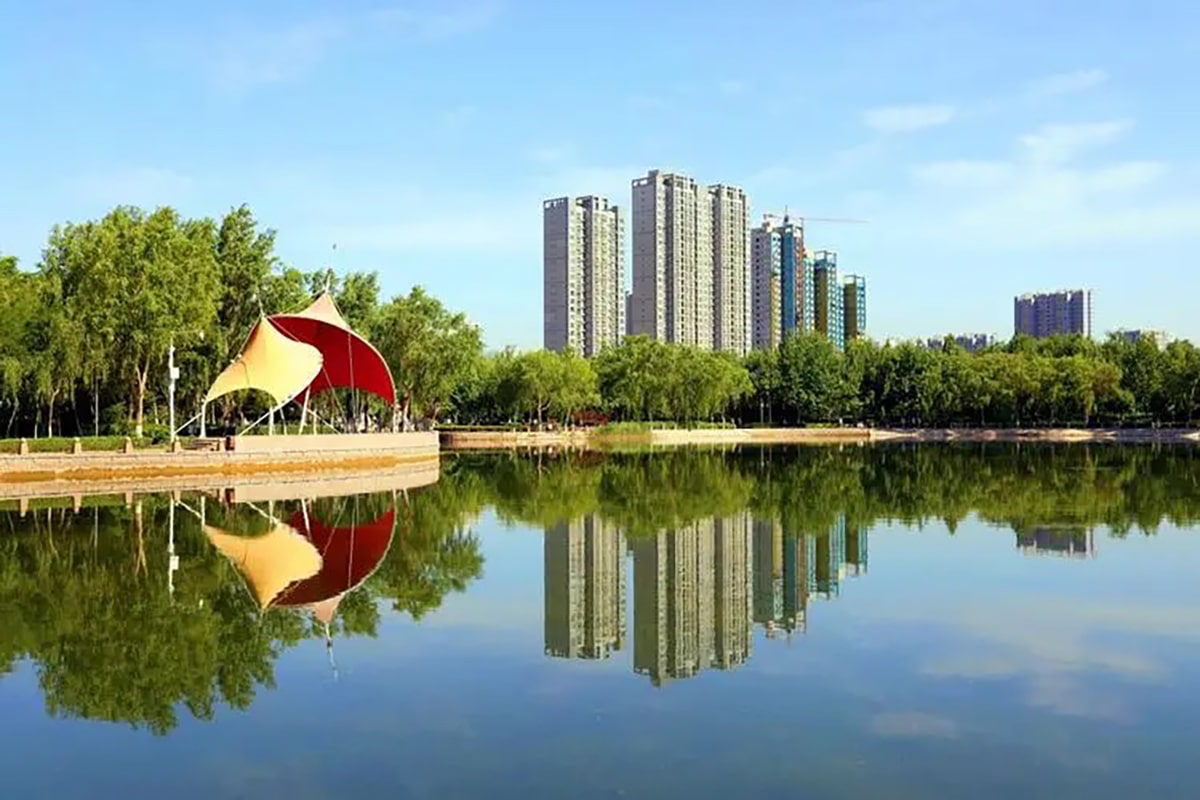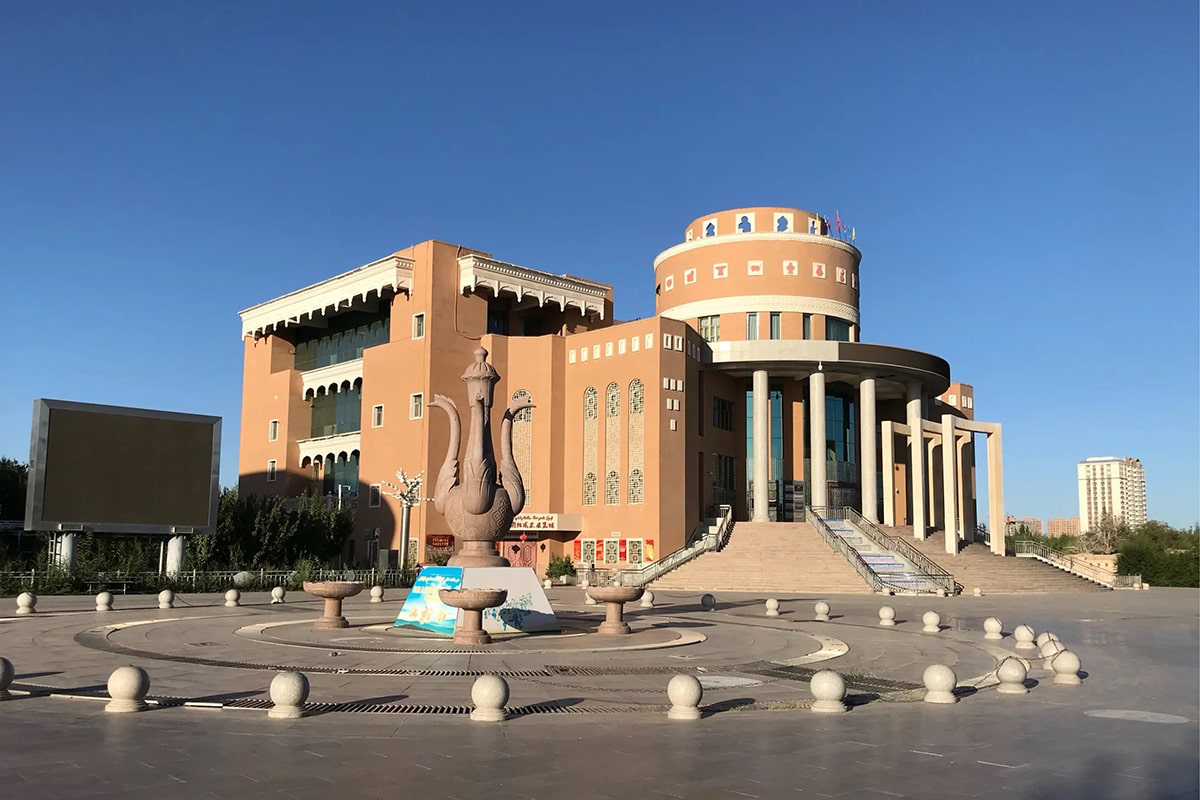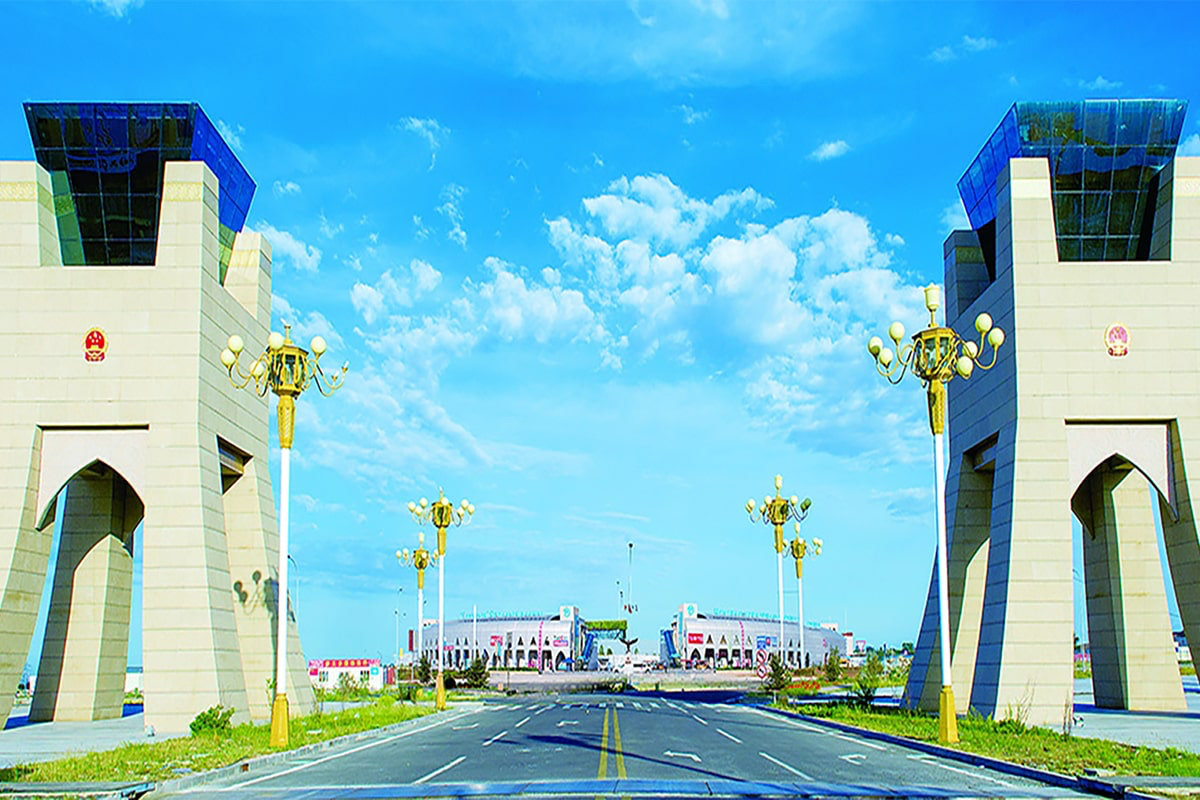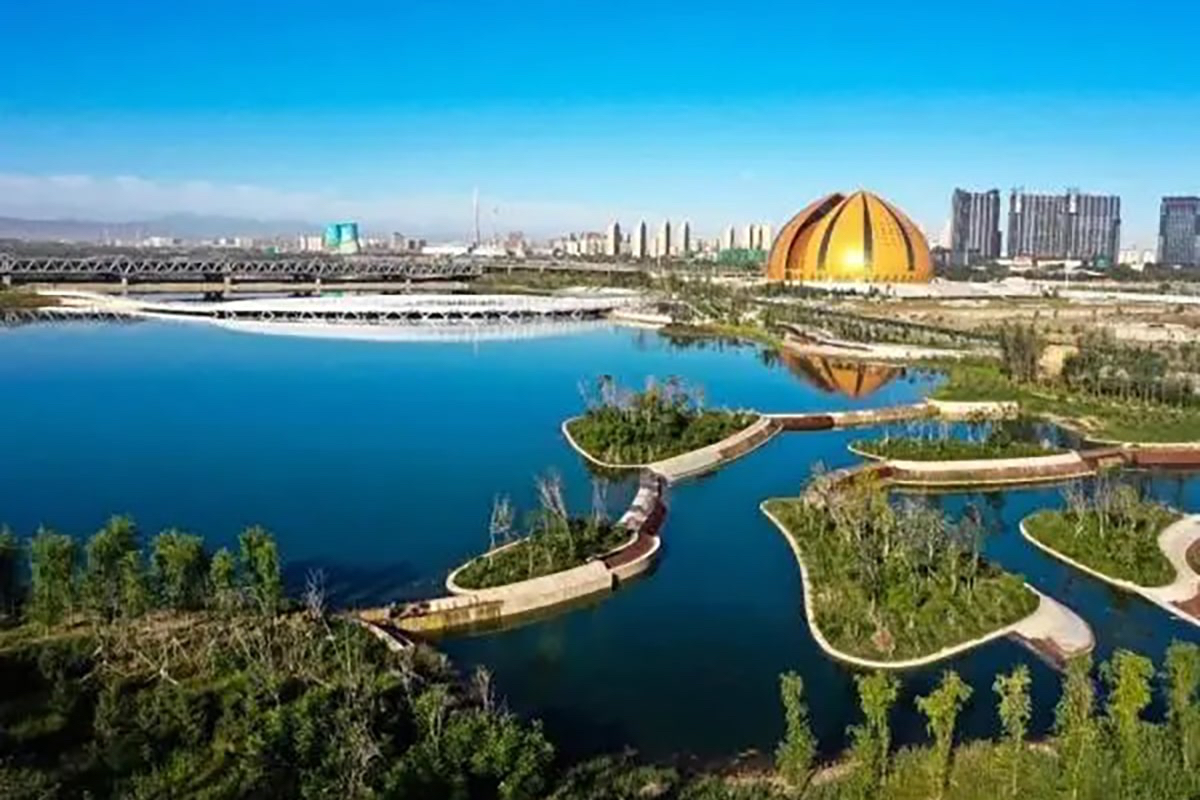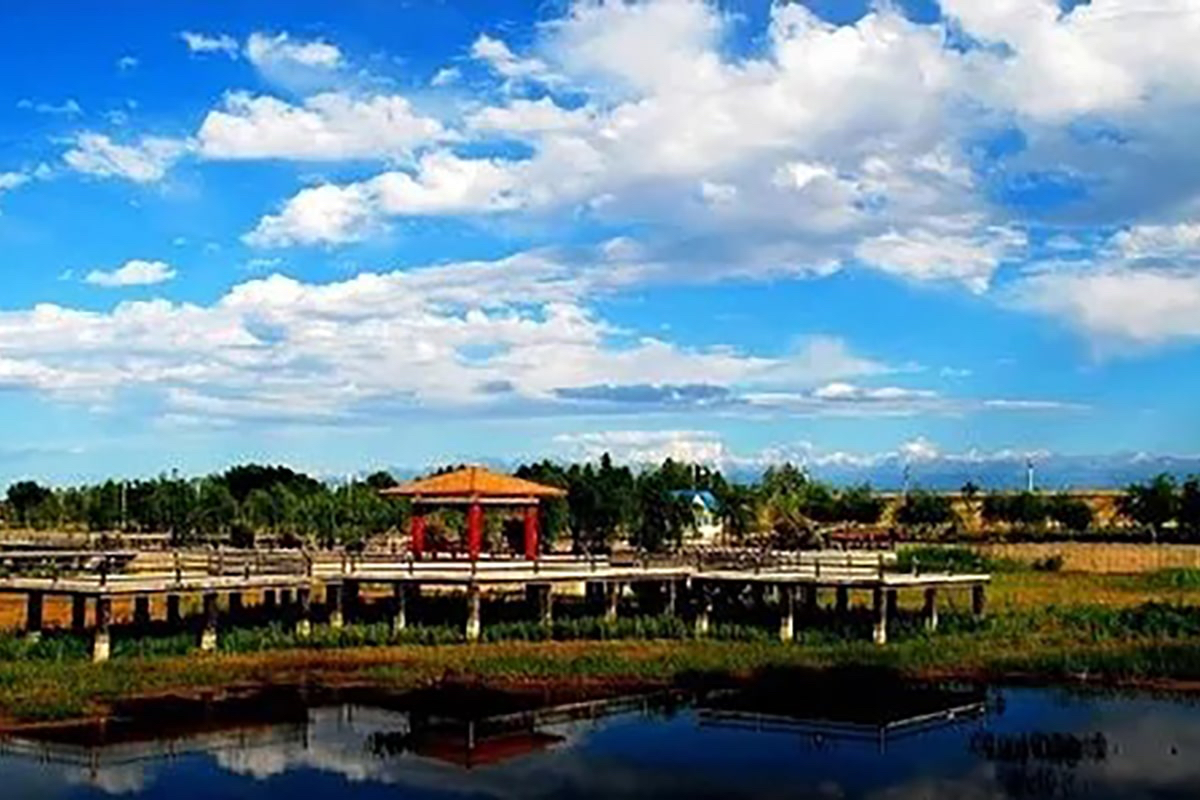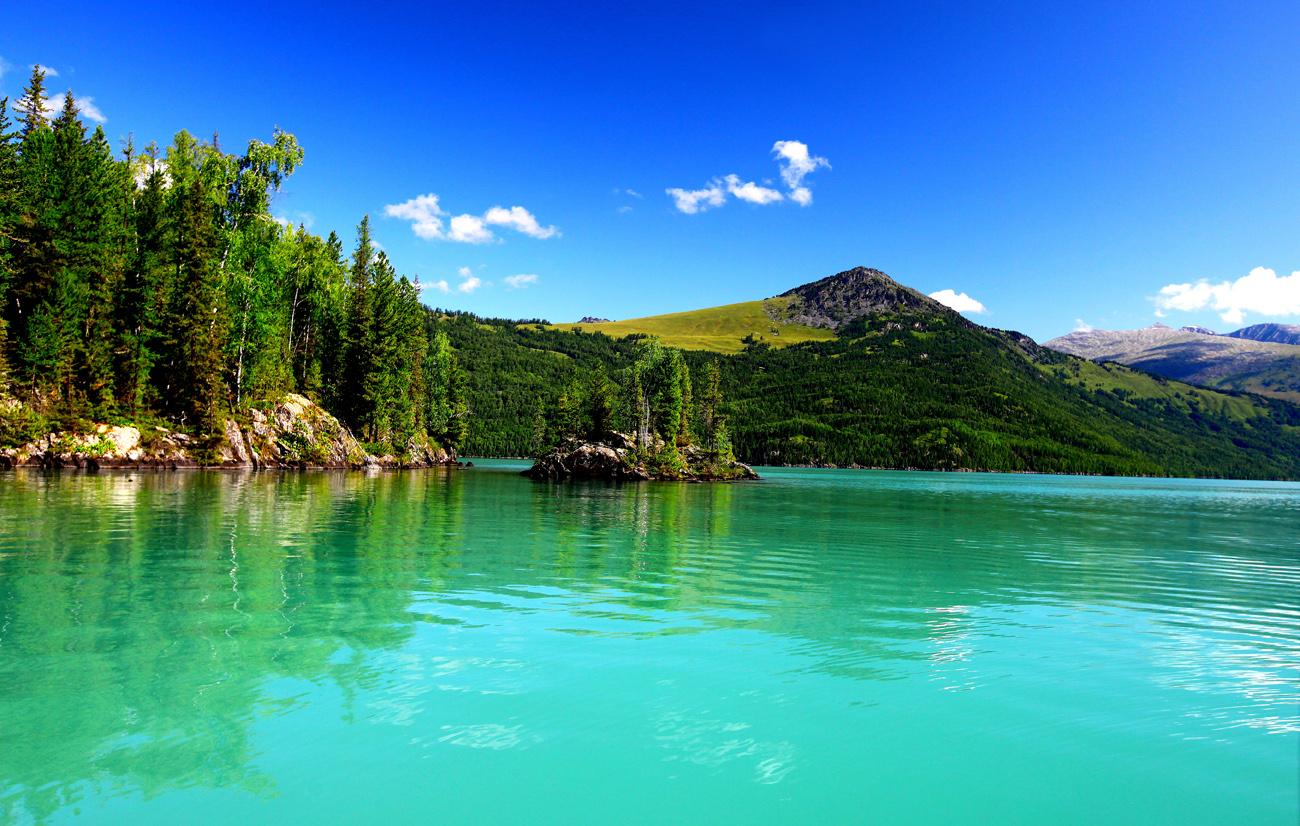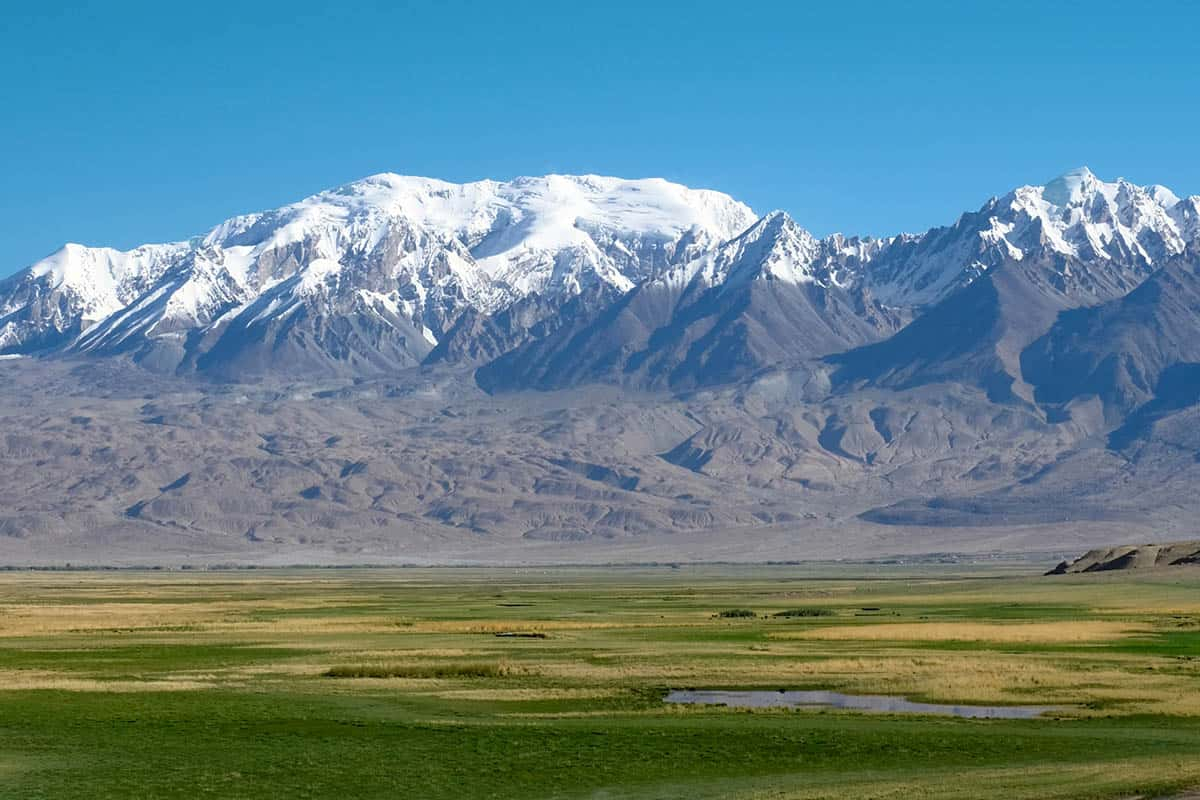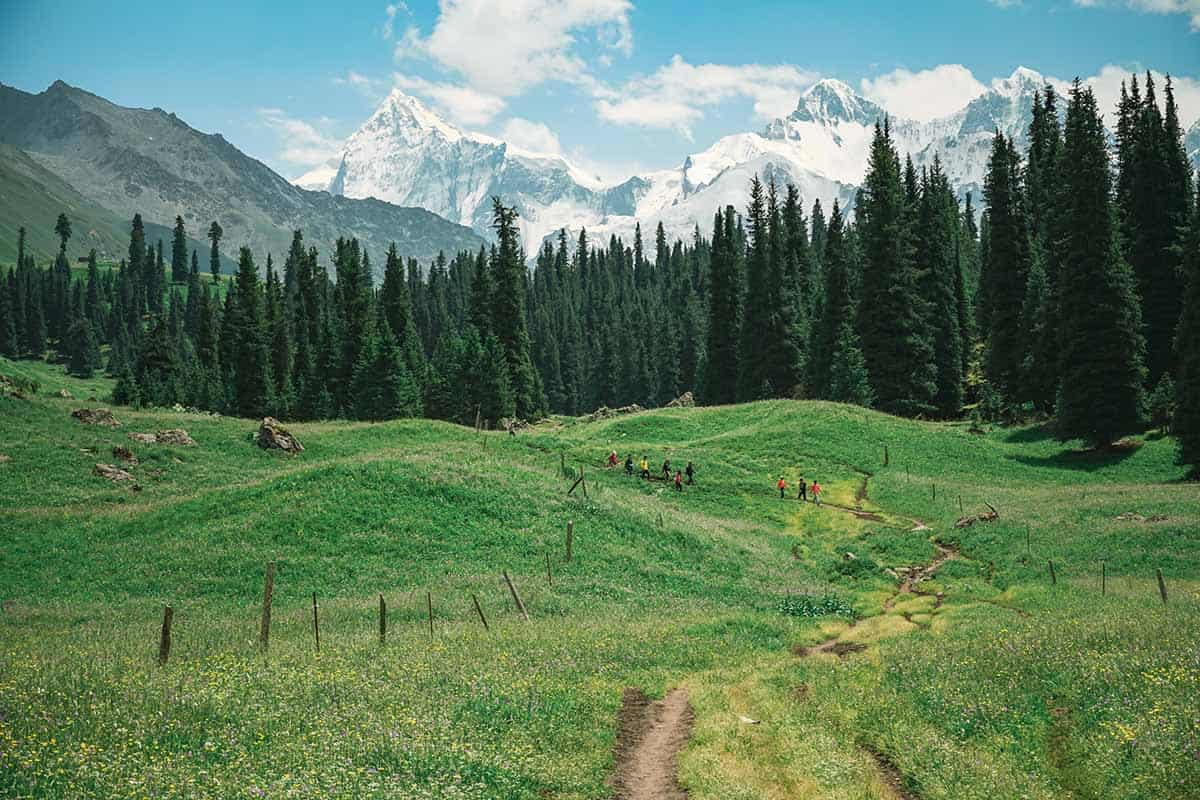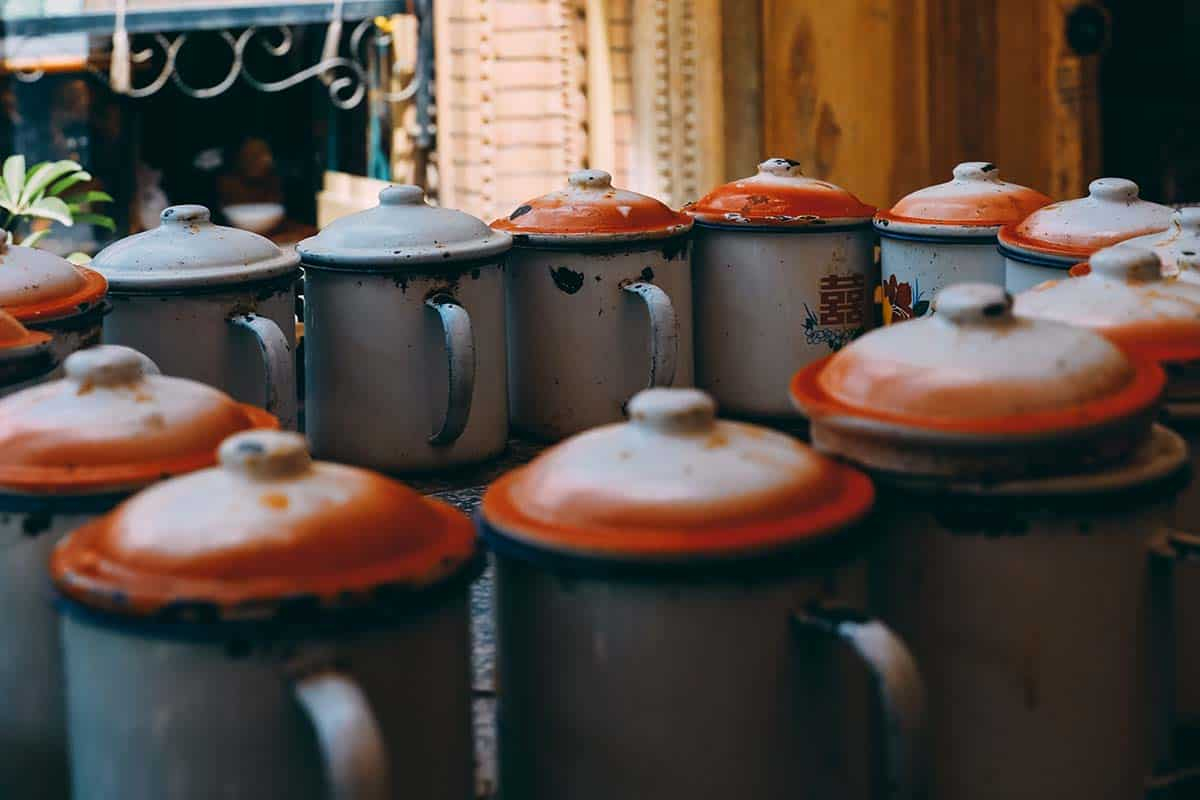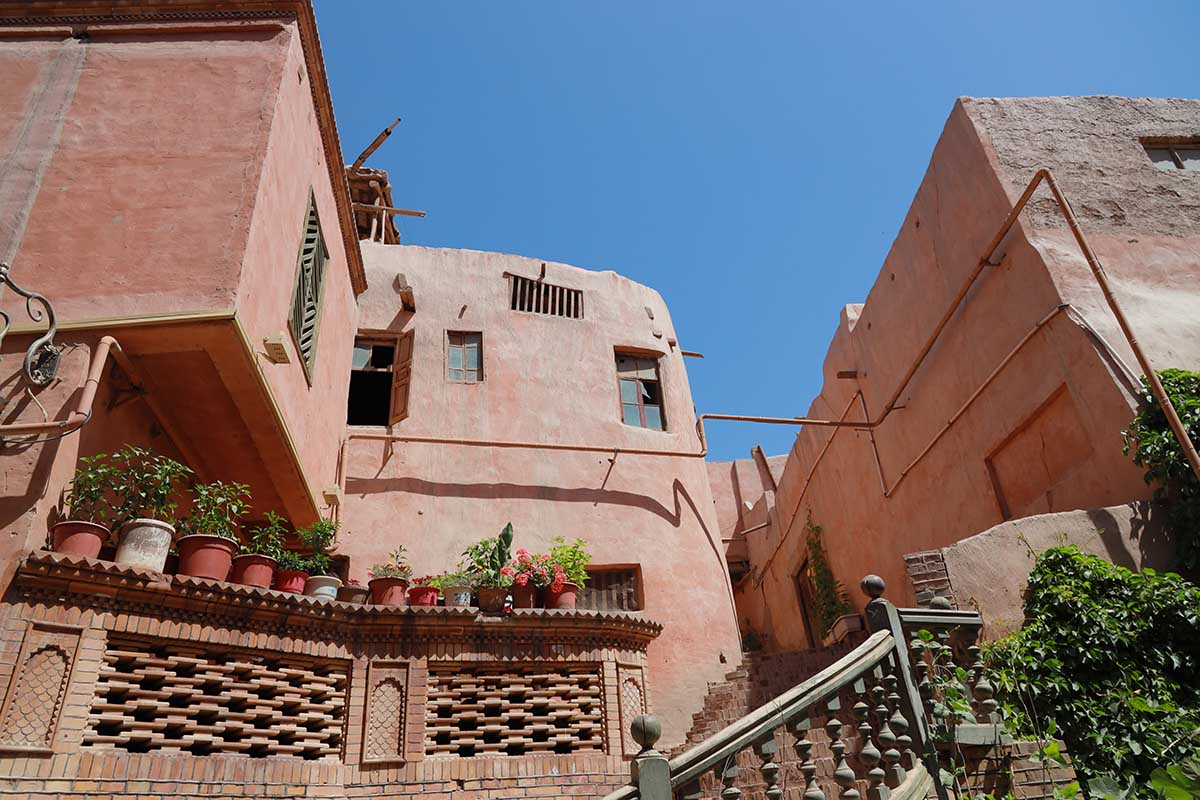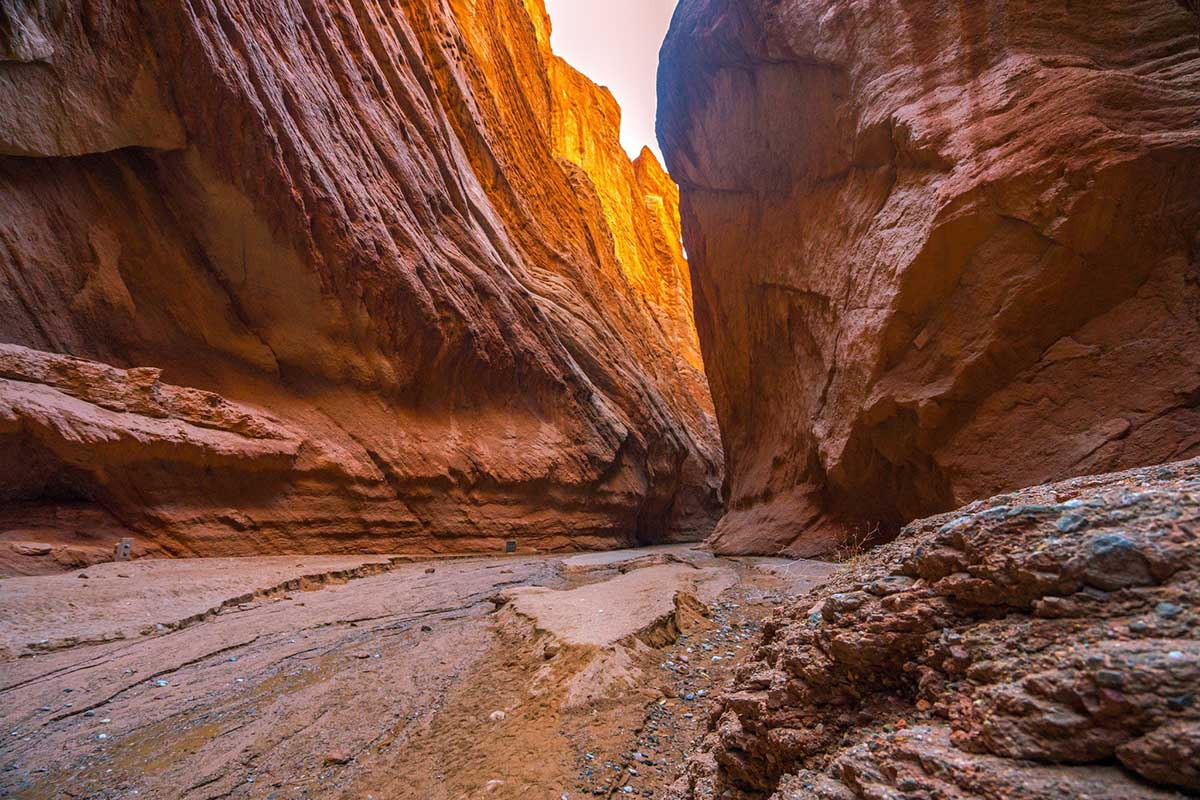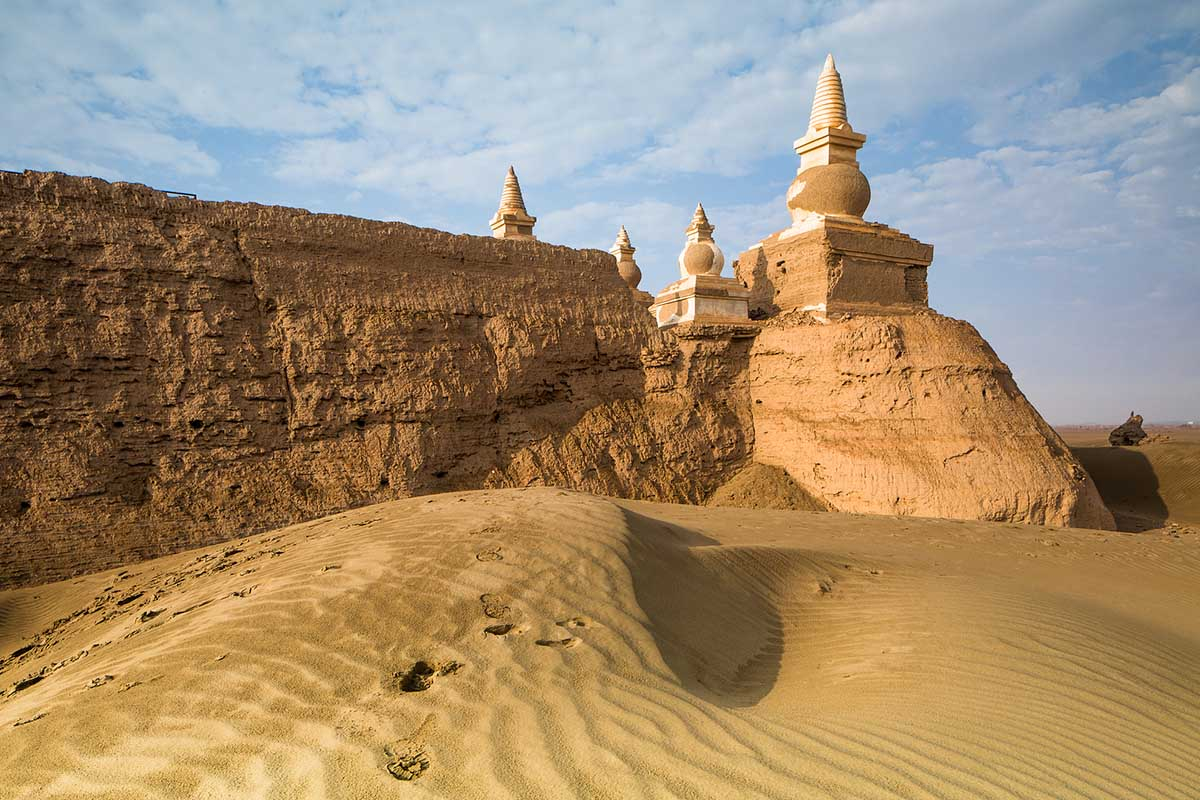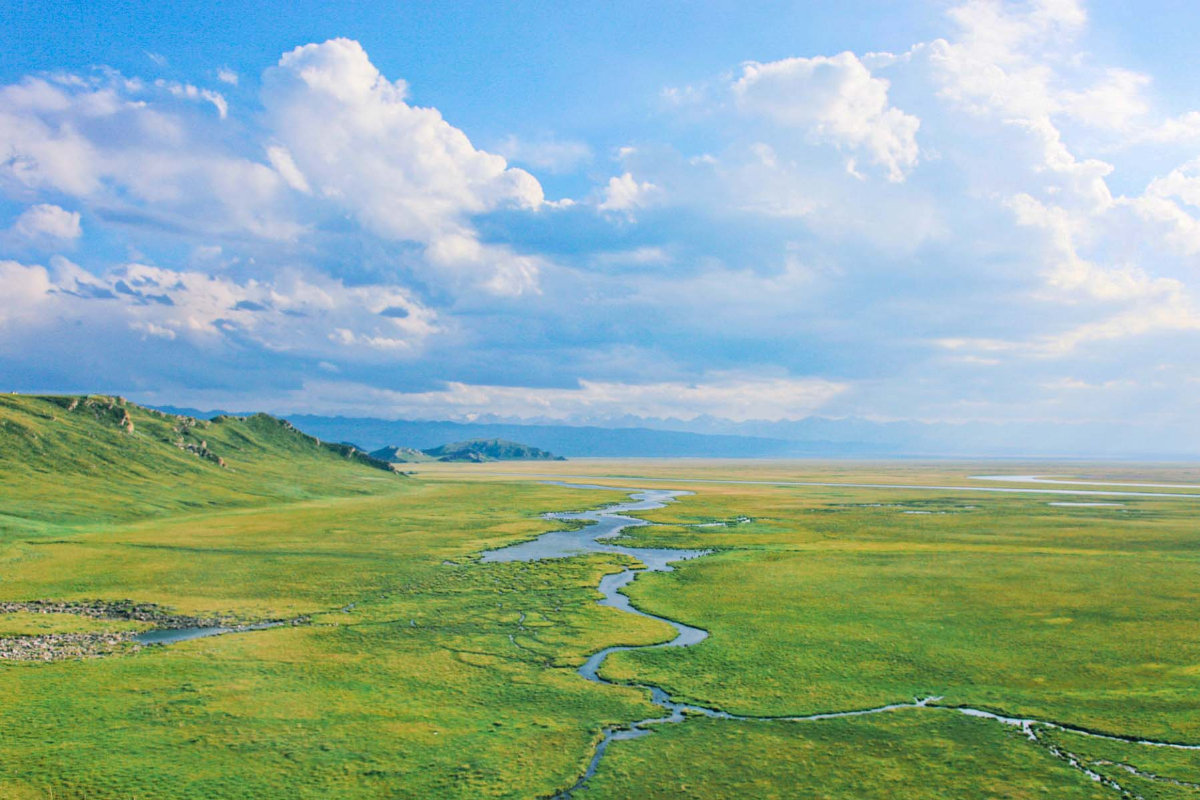Karamay Travel Guide
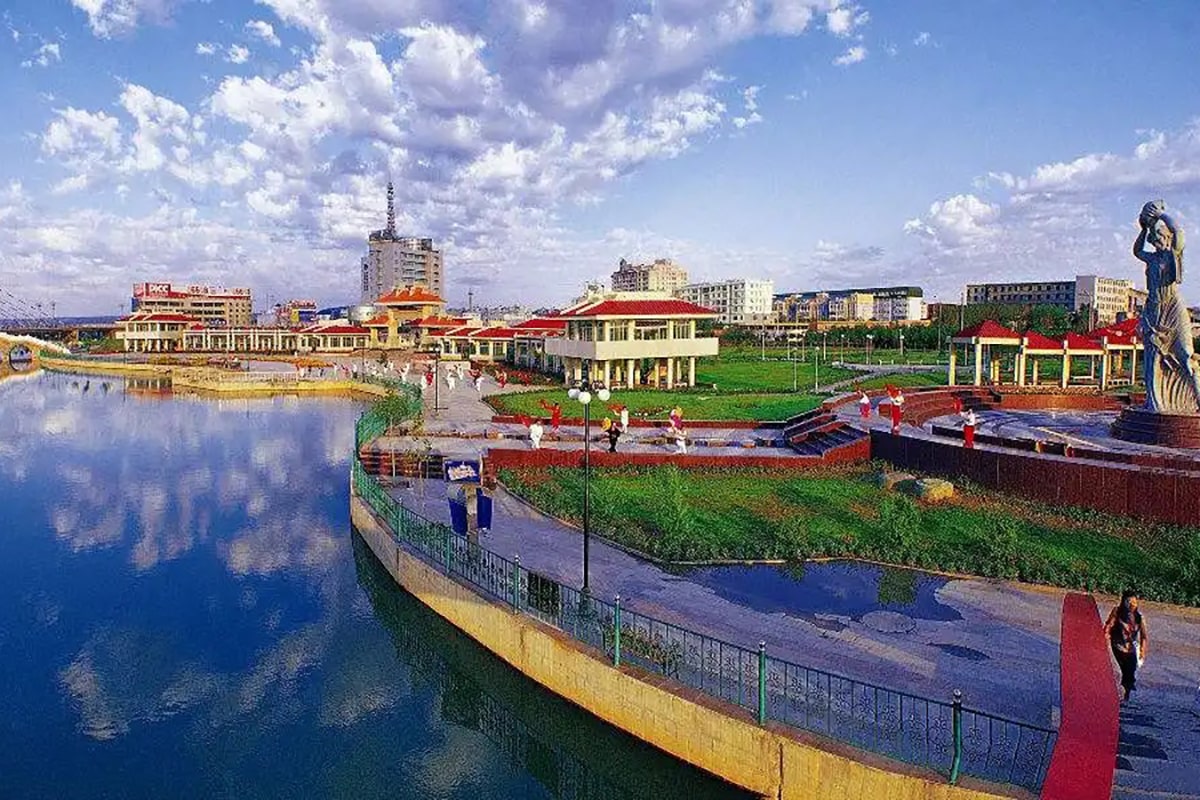
Karamay is the prefectural level city under the jurisdiction of Xinjiang Uygur Autonomous Region, China. It is located in the western Junggar Basin, the central region of Eurasia - the central region of Pan-Central Asia. It is an important national petroleum and petrochemical base, a new industrialized city under the key construction of Xinjiang and a gathering area of the world's petroleum and petrochemical industries. It covers an area of 7,733 square kilometers and has a population of 490,348.
Karamay means "Black Oil" in Uygur. Karamay is a city named after oil. The city name comes from a group of natural asphalt mounds in the northeast corner of the city - Black Oil Mountain. Karamay was the first large oil field explored and developed after the founding of the People's Republic of China. It was established in 1958. In 2002, its crude oil output exceeded 10 million tons, becoming the first large oil field in western China with a crude oil output of tens of millions of tons.
Karamay has many tourist attractions. The World Devil City has been voted as "China's Most Magnificent Yardang" and "China's Top 50 Places for Foreigners to Visit".
Karamay city's landform is mostly Gobi desert, the terrain is oblique strip, long north and south, narrow east and west.
● What to do & where to go in Karamay
Karamay City main tourist attractions are roughly divided into four parts. One is the natural sites (landscape). Mainly has the World Devil City, Black Oil Mountain, Alek Lake, Baiyang River Grand Canyon, Wild Populus Euphratica Forest, Color Stone Beach, Oil Sand Hill, Dinosaur Fossil Hill, Red Hill, Weiming Lake, Mahe Ancient Road, West Gobi Geological Park Tuzi Valley, Zhongguai Desert Natural Vegetation Reserve, Qing Dynasty Resident Village Site, Wuerhe Natural Asphalt Vein, Dushanzi Mud Volcano. The second is the petroleum industry sites (landscape). Dushanzi Oil well Site, main sites of Dushanzi distillation kettle, Dushanzi Oil Workers Club, No. 1 Well, the Hero 193 Well, Karamay Exhibition Hall, Karamay Geological Gallery, Western China Oil Well Control Center, Karamay Petrochemical Company, Dushanzi Petrochemical Company, Shixi, Luliang, Cainan, Zhundong desert oil fields and wildlife free and unrestricted tour area. The third is the urban landscape. Century Park, the new administrative district, culture street, People's Square, Karamay River, Jiulong Pool, Black Oil Mountain Park, Chaoyang Park, East Lake Park, Sunlight Water World, Wind City High Reservoir, Desert International Golf Club, Jurassic Ice and Snow world, Xiyue Pool (reservoir), Baijiantan Amusement Park, Devil City Dinosaur Strange Stone Museum, Dushanzi Ski Resort and so on. Fourth, desert ecological agricultural landscape. There are mainly the Agricultural Tourism Park, Forestry Base, Pulin Ecological Science and Technology Park, courtyard economic zone and Yongsheng Resort. Among them, the most famous are the World Devil City, Black Oil Mountain, Alek Lake, Baiyang River Grand Canyon and Wild Populus Euphratica Forest.
● What to eat in Karamay
Stewed mutton soup, cold rice noodles, baked stuffed bun, kebabs, beef ball soup, “burning”noodles, lamb pilaf, rice sausage, pastry, grapes and so on.
● Transportation
Railway: six and half hours to Urumqi by fast train.
Highway: the city is 4 hours away from Urumqi, capital of Xinjiang Uygur Autonomous Region, 3 hours to Tacheng City, 5 hours to Altay City.
Airport: Karamay Guhai Airport has flights to/from 11 cities: Urumqi, Yining, Altay, Bole, Korla, Aksu in Xinjiang and Beijing, Chengdu, Xian, Ningbo and Lanzhou in China’s inland.
● Climate
Karamay City is located in the mid-latitude inland region, a typical temperate continental climate. Its characteristics are: cold and summer difference is great, dry less rain, spring and autumn monsoon, winter and summer temperature difference. Thin snow, rapid evaporation, deep permafrost. High winds, cold waves, hail, mountain torrents and other disasters occurred frequently. Among the four seasons, winter and summer are long and the temperature difference is large, while spring and autumn are transitional and the season change is not obvious. The annual average temperature is 8.6℃. January is the coldest month with an average temperature of -15.4 ° C, while July is the hottest month with an average temperature of 27.9 ° C. The annual sunshine in July is the most, up to 302.5 hours, December is the least, only 99.8 hours. The average annual precipitation is 108.9 mm, the evaporation is 2,692.1 mm, 24.7 times that of the same period. The cumulative average number of windy days is 64.5 days, and the annual average number of hot days in summer (≥35℃) is 27.6 days. The first frost generally occurs in early November, the last frost generally ends in late March with a frost-free period of 232.3 days.
- HOTEST
- RECOMMEND
